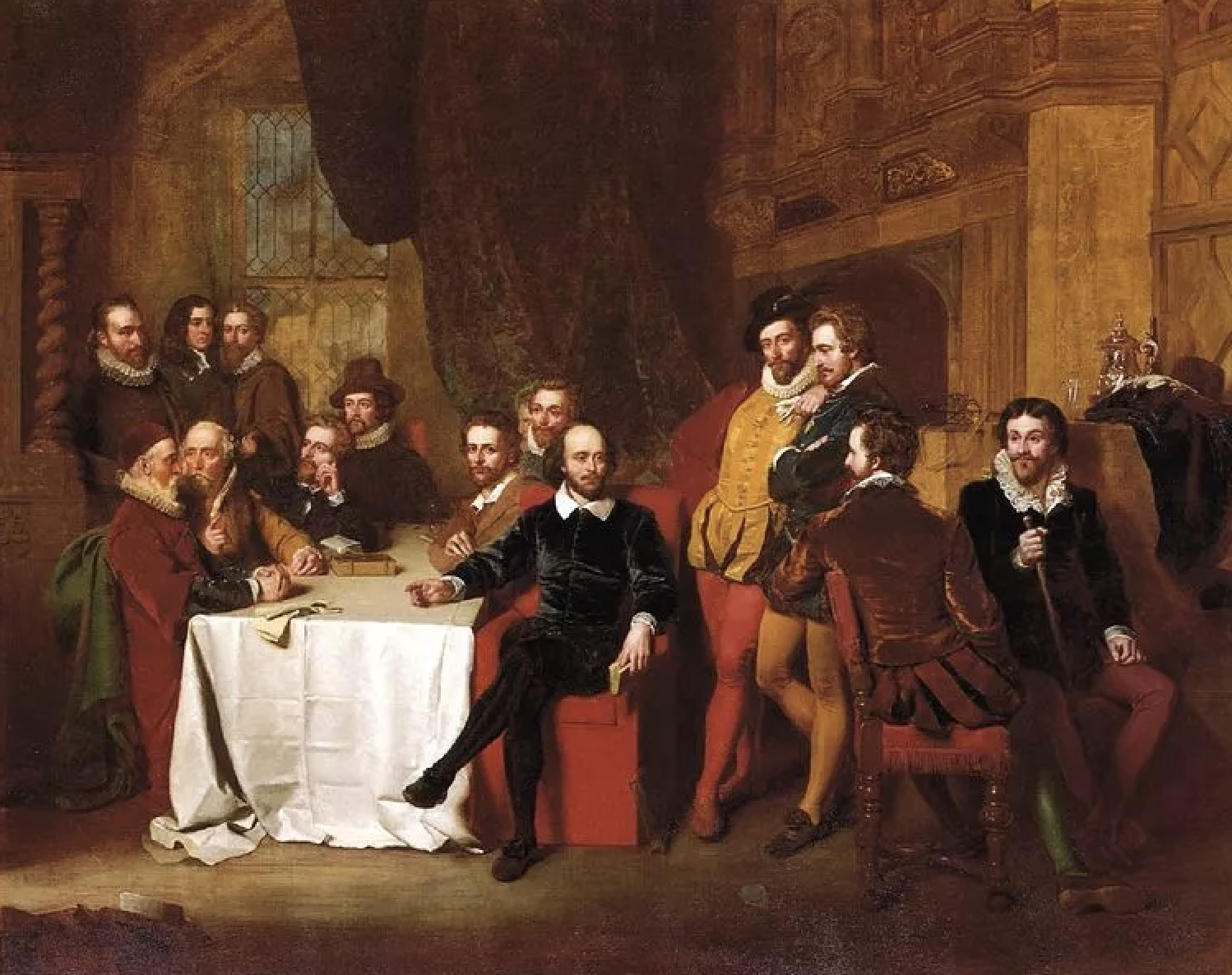
Published 2023-03-06
Keywords
- Authorship,
- Biography,
- Co-Authorship,
- Disintegration,
- Shakespeare
How to Cite
Abstract
The article explores one of the most assiduously researched topics in Shakespeare criticism: that of the ways in which Shakespeare’s responsibility as author of the plays that traditionally bear his name has been established. Rehearsing the major contributions to this debate (from the mid-nineteenth-century idea that Shakespeare’s plays were the work of a group of intellectuals, to recent tendencies in attribution studies which dismember the canon on the basis of theories of co-authorship and collaboration), it maintains that one of the most persistent tendencies in the debate has been that of disintegration; and that both the dismembering of the canon as a whole and the amputating of parts of it as collaboratively written have had the paradoxical effect of de-authorialising what are conventionally known as ‘Shakespeare’s plays’.
Not simply meant as a historical survey, the article also highlights the fact that, as well as determining effects on the Shakespeare canon, disintegrative tendencies have inspired theories of the text relevant to the construction of authorial identity, and have also generated a fallout on the idea, expressed by bibliographers and textual scholars, that the composition and configuration of texts are inescapably collaborative. Finally, the article maintains that biography too has been affected by a notion of disintegration which insists on a de-personalised subject and the idea that a life, no less than a text, is a socially-composed construct.
John Faed, 'Shakespeare and the King's Men' (1851). Public Domain

